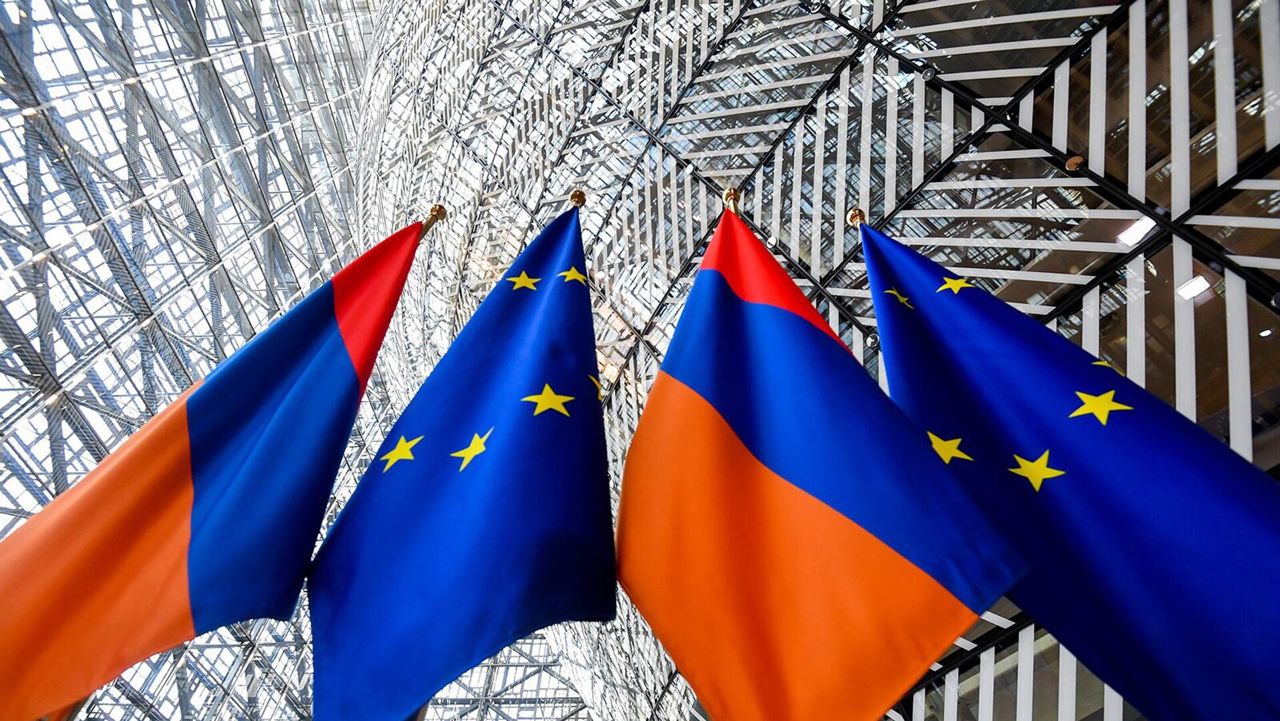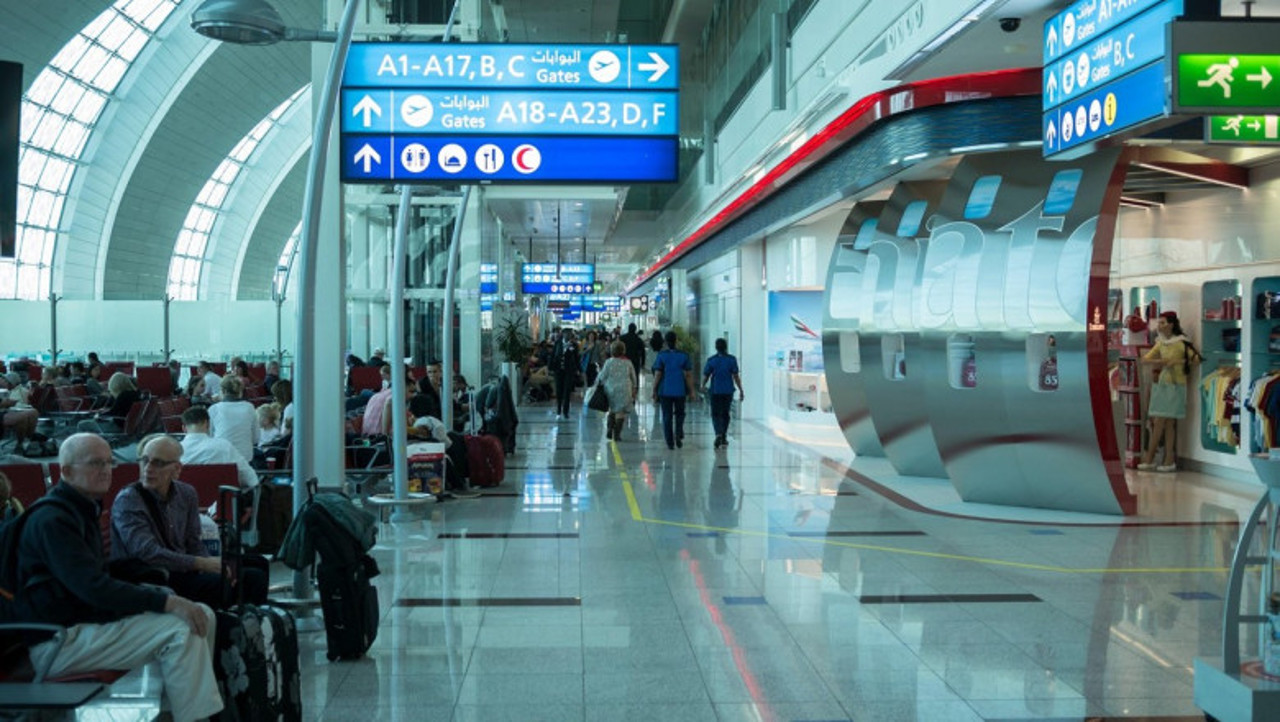Armenia's EU hopes face visa and entry hurdles
The European Parliament is holding a debate today on the situation in Azerbaijan, including human rights violations, breaches of international law, and relations between Baku and Yerevan, as well as the EU's relationship with Armenia.
This follows the EU's initiation of a dialogue with Armenia some time ago concerning visa-free travel for Armenian citizens to the EU. The debate comes amid reports of increasing difficulties for Armenians in obtaining visas and entering the Schengen area.
Armenian Prime Minister Nikol Pashinyan aims to position the country for EU accession. On September 9, he welcomed an EU delegation to Yerevan led by Margaritis Schinas, Vice-President of the European Commission and Commissioner for Promoting the European Way of Life.
In a statement, the EU said that the decision to open discussions regarding visa-free travel aims to "support ongoing efforts to support Armenia's comprehensive reform agenda."
The EU added that the new discussions "build on the successful implementation of the EU-Armenia agreements on visa facilitation and readmission, which have simplified travel procedures for many Armenian citizens since January 1, 2014."
These agreements simplified the process of obtaining visas to travel to EU member states. However, in recent years, since Russia's unprovoked invasion of Ukraine in 2022, EU consular sections have been overwhelmed by the increase in visa applications submitted by Armenians.
Negotiations are expected to take years to complete and will require Armenia to implement wide-ranging liberalisation reforms to meet EU criteria. Ultimately, any visa liberalisation agreement will require the approval of the European Council and the European Parliament.
Over the past year, Armenia has made a significant geopolitical shift away from Russia and towards the West, driven by widespread disillusionment with the Kremlin's failure to uphold its security commitments during the Nagorno-Karabakh conflict, which resulted in Azerbaijan retaking the territory.
The challenges faced by Armenian travellers extend beyond the visa application process. Even after obtaining a Schengen visa, some Armenians report difficulties upon arrival in gaining entry to the country for which they have the visa. Bulgaria, which recently joined the Schengen Area, has been criticised for its strictness in admitting Armenians. In recent months, several Armenian citizens who tried to enter Bulgaria with valid visas were denied entry. Reports suggest that Bulgarian border authorities have subjected a significant number of Armenian travellers to lengthy and invasive interrogations, leading to complaints that visa rules are being applied arbitrarily.
Meanwhile, ethnic Armenians in Nagorno-Karabakh face major obstacles when trying to obtain visas for EU countries, as their passports – bearing the code "070" – are often rejected by consular authorities. These passports are classified as travel documents rather than Armenian citizenship certificates and are considered insufficient for obtaining an EU visa. The refugee certificates held by Armenians from Karabakh are also not recognized as sufficient for visa processing, and the EU is seeking to remedy this.
EU officials suggest that some Armenian citizens are abusing visa regulations by making unauthorised changes to their travel plans, effectively obtaining visas under false pretences. Part of the problem, the Armenian Foreign Ministry acknowledges, stems from the fact that some Armenians obtain single-entry visas for one country but then cross borders into other Schengen countries. This issue will complicate the visa liberalisation dialogue amid concerns in many EU member states about immigration and border security.
Author: Dan Alexe
Translation by Iurie Tataru





